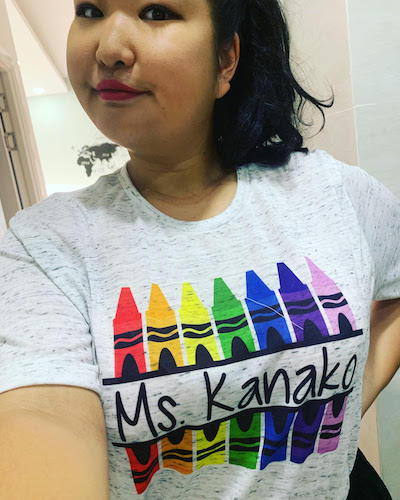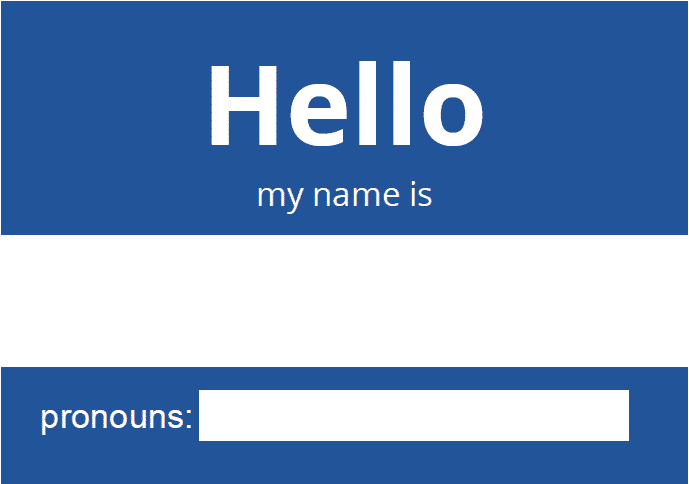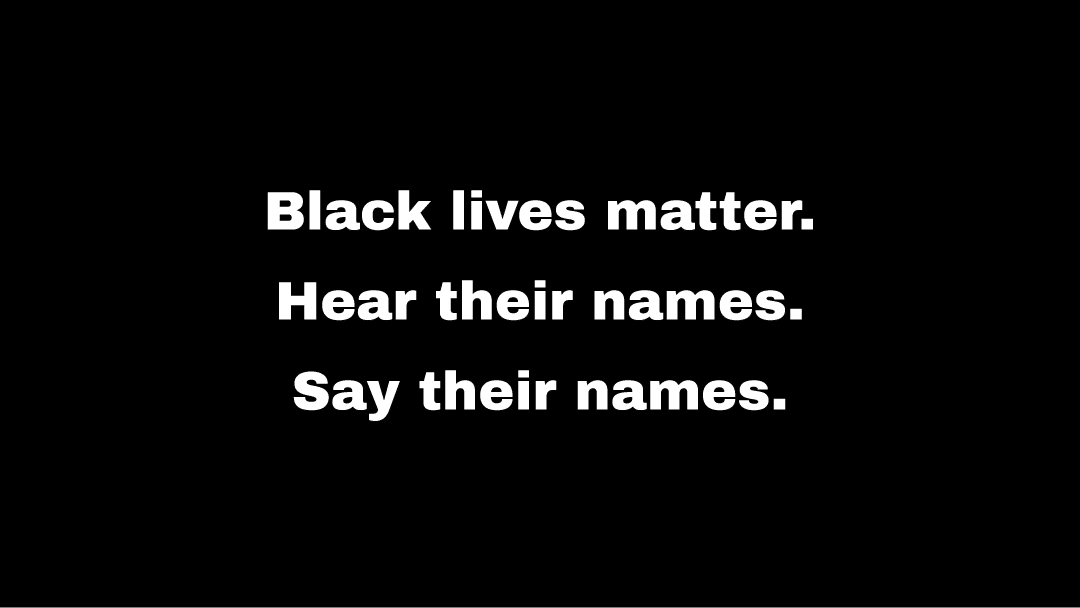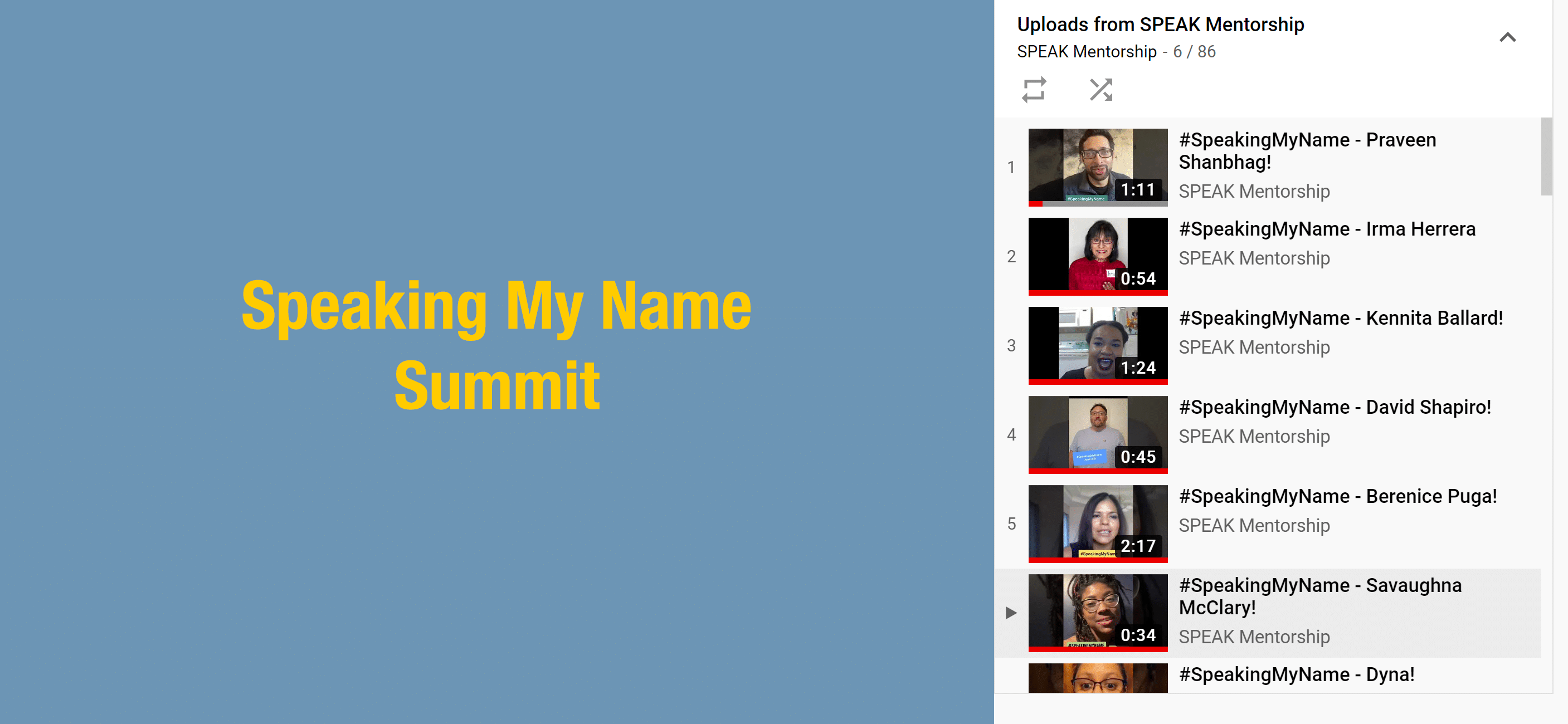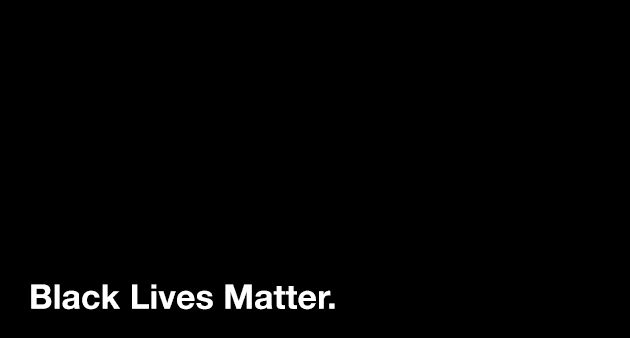The Academy Awards is one of the most glamorous and celebrated events in Hollywood. Millions of viewers tune in to watch as stars gather to celebrate major achievements in the film industry. For some of these actors, actresses, technicians, directors, and producers, it is the most momentous evening of their lives.
In recent years, it has become a platform for celebrities and academy members to advocate for diverse issues, to comment on current events, and to celebrate cultural diversity in their fields.
At the 2014 Academy Awards, however, the world witnessed as a simple blunder created an uncomfortable and non-inclusive experience for one of the most celebrated stars of the night.
Idina Menzel, Tony Award-Winning actress and singer of Frozen’s explosive hit, “Let It Go,” prepared to perform her Oscar-nominated song. Fellow actor and broadway star John Travolta cued Menzel to the stage by introducing her as . . . Adele Dazeem.
Both Menzel and the audience admitted to feeling momentarily confused–who was Adele Dazeem?–but Menzel went on to deliver an outstanding performance regardless of the mixup. The gaffe soon took off across the Internet, on television talk shows, and in celebrity forums around the world. In what should have been a proud and celebratory moment, Menzel noted that “For eight seconds, I felt very sorry for myself.”
Everyone deserves to hear their name

Image Credit: @caleb_woods on Unsplash
For colleges and universities, commencement ceremonies are the Academy Awards of the academic year. For students and families, graduation is a moment of enormous pride and the culmination of academic achievement. Months of preparation are required to get things right–from promoting the event to arranging logistics to managing the hundreds or thousands of people attending the event. Often an important aspect of the ceremony is overlooked: the proper pronunciation of students’ names.
While mispronunciation of a student’s name at a commencement ceremony may not garner the same national attention as Travolta’s Academy Awards blunder, the impact on the student and family can be equally disappointing, disconcerting, and disrespectful.
NameCoach is proud to offer a solution that helps schools ensure students and families feel valued and celebrated during this important celebration with virtual graduation name cards.
Easy-to-use tools with priority support
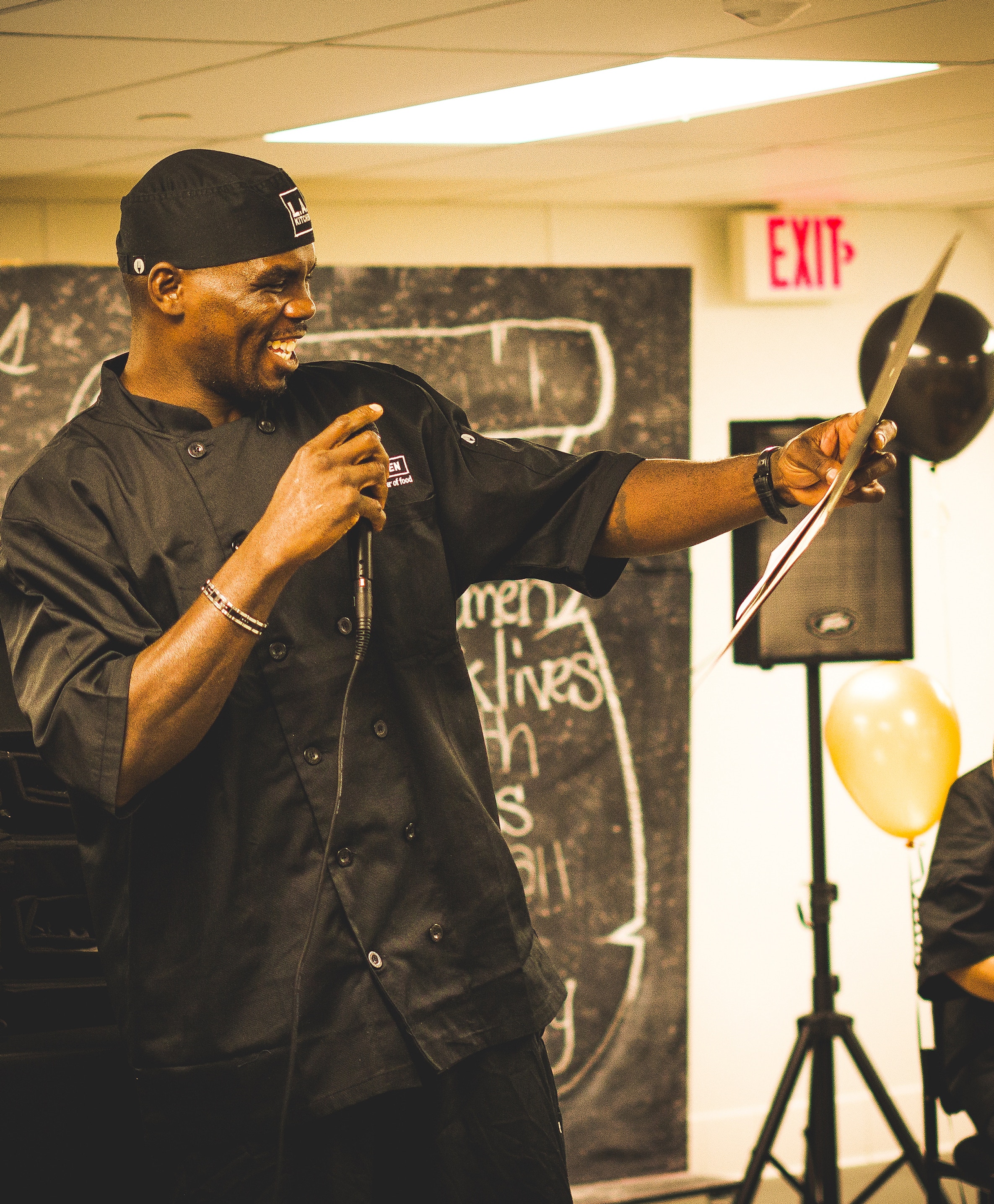
Image Credit: @givedrops on Unsplash. This photo was taken during the graduation ceremony at LA Kitchen, a charity in Los Angeles that teaches homeless men and women culinary skills.
Who better to coach commencement speakers on how to pronounce students’ names than the students themselves? With the NameCoach Commencement Service tool, students receive a personalized link that lets them record their name and proper pronunciation. Those recordings are then rolled into an easily shareable file that speakers, deans, and other commencement organizers can use to review pronunciations leading up to the event. With a bit of preparation, schools ensure that names will always be pronounced correctly when celebrating students at their graduation.
The Commencement Service tool is easy to use, which frees up the administrative time and effort needed to execute such as large-scale event.
“NameCoach is really easy to use for both students and name announcers, and saves us time by cutting out the admin work associated with this important aspect of the ceremony. The support from Praveen and his team is also excellent.”
Nicola Gambrill, Events Officer, University of London-Birkbeck College
With hundreds to thousands of commencement ceremonies taking place each year–mostly concentrated at the end of winter and spring semesters–NameCoach has designed a tool that helps announcers and event organizers prepare, even at the last minute.
For Barry Finnegan, an Academic Dean at Lindenwood University, that meant creating an account just nine days before the event. Even with less than a week to spare, he noted that “For the first time, we had zero complains about commencement! Everyone was noticeably happier.”
More than a logistical tool
The ability to pronounce names correctly makes for a better presentation–no stumbling over syllables or pausing to make last-minute interpretations–but the value of pronouncing a student’s name correctly goes beyond logistics. It is a testament to the school’s commitment to cultural inclusion in education.
Students have chosen to invest time and money into a higher education institution, but to many, their time at the school represents more than the sum of both time and money. It’s about the value of their education and the experiences they’ve had as a member of the school community.
Graduation gives institutions an opportunity to celebrate the value those students bring to their schools and to demonstrate a commitment to inclusivity. One of the easiest and most impactful ways to do this is to pronounce their names correctly when they walk across the stage.
“By providing this option to our graduation students, they feel that the Institute is invested in their personal graduation experience and that we value ‘getting it right’ for students on this most important day. The personal touch helps our students to know that we care about their experience as an IHP student.”
James V. Vitagliano, Registrar, MGH Institute of Health Professions
While few commencement ceremonies will ever compare to the Academy Awards in terms of cost, scale, or audience, the impact of getting students’ names right on such an important day should not be overlooked!



